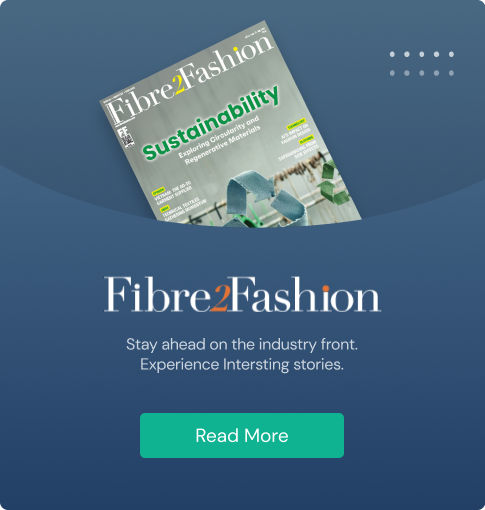US' Vivobarefoot & Pangaia join Ecovative's Fashion for Good
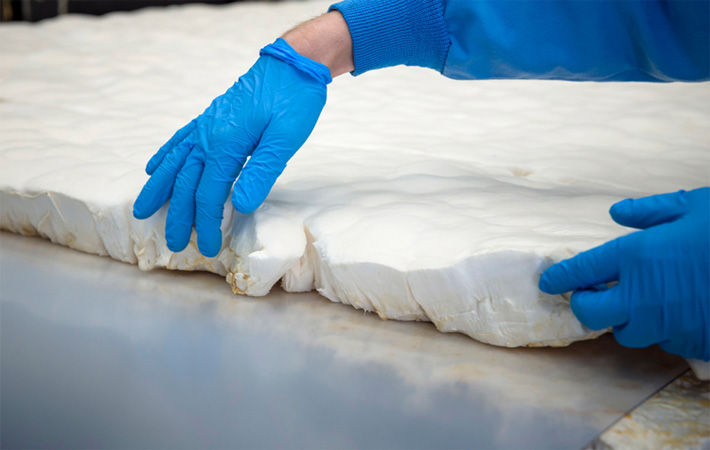
As waste streams from the fashion industry increase, manufacturers are facing growing demand to use materials that are both high-performing and sustainably produced. More than 20 billion pairs of shoes are produced every year, with PVC and EVA accounting for roughly 35 per cent of the materials involved. That translates into millions of pounds of waste that takes centuries to decompose. In fashion, a lack of supply chain transparency and a massive carbon footprint — by some estimates accounting for as much as 10 per cent of global carbon emissions — has created surging demand for planet-friendly materials. There is a pressing need for eco-friendly alternatives, but they often come with major trade-offs: they are more expensive, do not perform well, or are difficult to scale. Ecovative has pioneered technology that makes it possible to grow truly sustainable, all-natural materials at scale to replace plastic, styrofoam and leather, using one of nature’s super materials: mycelium.
The collective research pairs Vivobarefoot and Pangaia with Ecovative’s team of mycologists, engineers and designers, to develop a line of fungus-based, petroleum-free foams and hides for their products. Using its AirMycelium platform, Ecovative has already developed two products for the fashion and footwear industries: Forager hides, Ecovative’s alternative leather material, and Forager foams, both made of pure mycelium. Forager products are naturally produced and home-compostable. To grow full-size hides in sheets up to 24 metres in length and 1.8 metres wide takes only nine days. Forager foams and hides are grown from agricultural by-products, completely free of plastics, representing a sustainable, scalable, high-performing alternative to the omnipresent and ecologically damaging petroleum found in foam and leather commonly used in wearable goods worldwide, Ecovative said in a statement.
“Mycelium is one of the most versatile and high-performing bio-materials on the planet, and has the potential to replace petroleum-based foams that are so commonplace in the footwear industry, sadly, including our own value chains. As a natural health business, from our founding, Vivobarefoot has been committed to using sustainably sourced, natural, bio-based and recycled materials. We are very excited to partner with Ecovative to create the next generation of high-performing, regenerative footwear that will bring us closer to nature and our natural human potential,” Galahad Clark, CEO and founder at Vivobarefoot, said in a statement.
“For more than a decade, our team has been working to develop bio-based alternatives that perform at the same level as conventional foams and leathers. We are thrilled to work with Vivobarefoot, a company with sustainability at its core, to bring next-gen mycelium materials to the footwear industry,” Gavin McIntyre, Ecovative’s co-founder and chief business officer, said.
Fibre2Fashion News Desk (GK)






















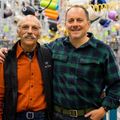



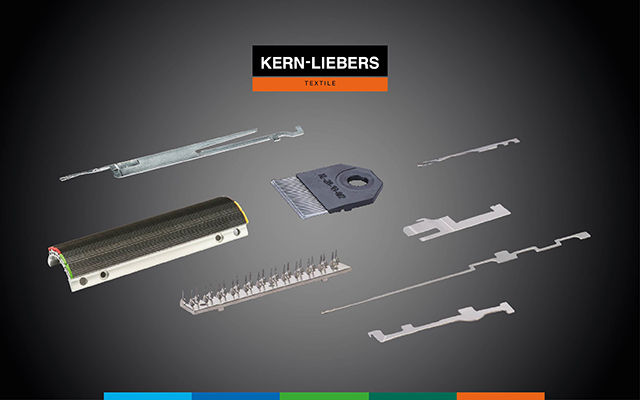
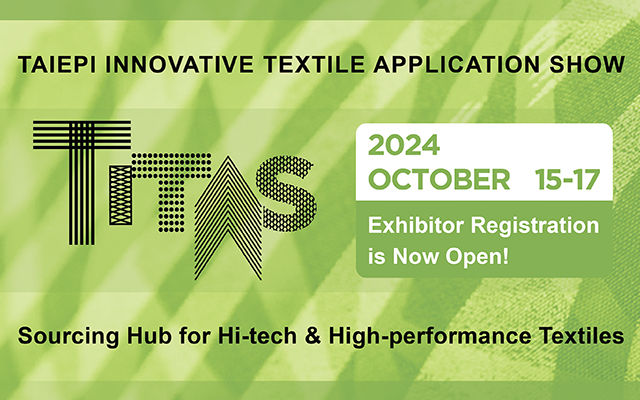

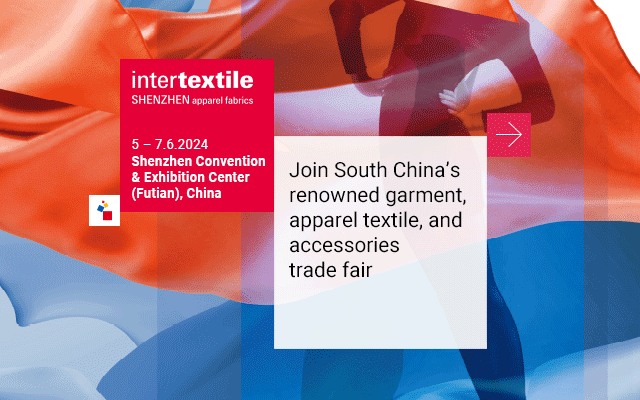


-Ltd..jpg?tr=w-120,h-60,c-at_max,cm-pad_resize,bg-ffffff)





.jpg?tr=w-120,h-60,c-at_max,cm-pad_resize,bg-ffffff)
.jpg?tr=w-120,h-60,c-at_max,cm-pad_resize,bg-ffffff)


